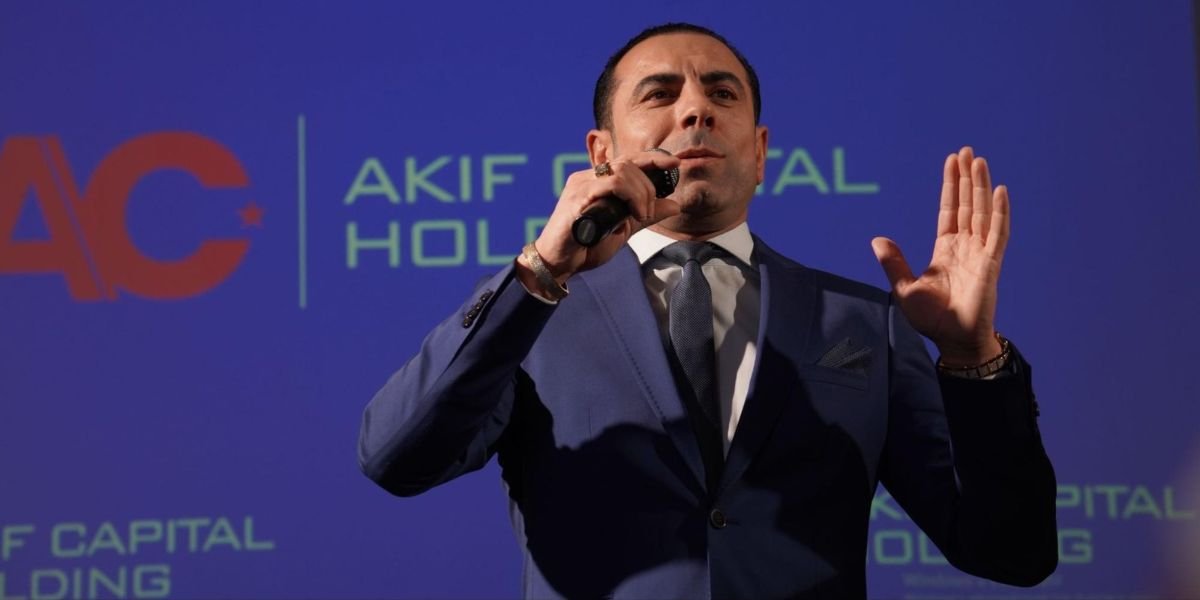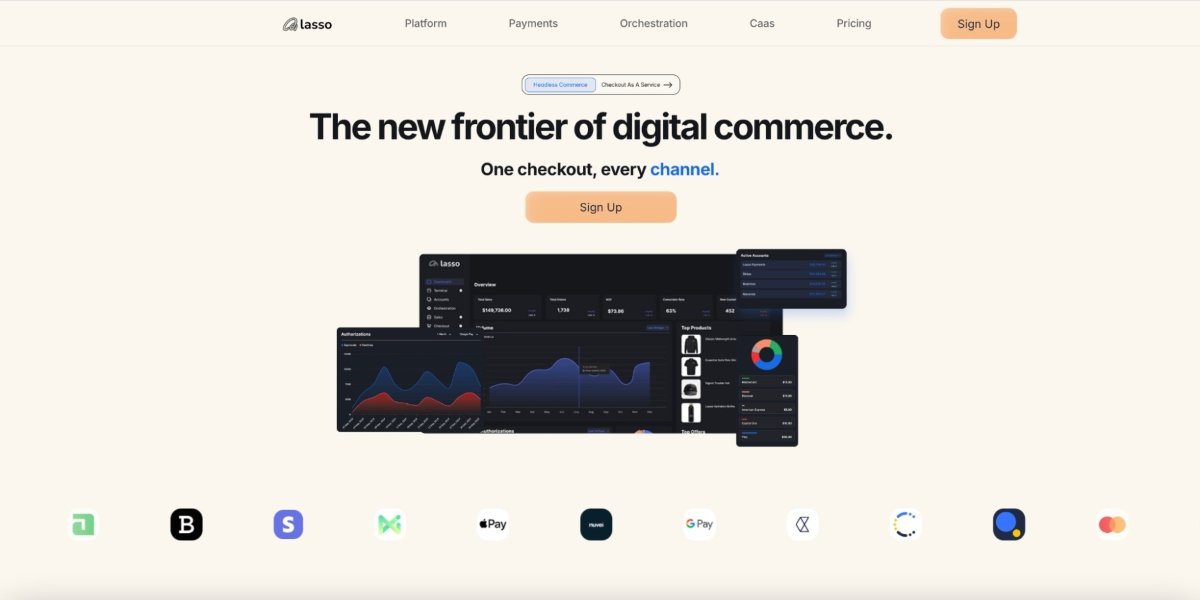By: AK Infinite
As businesses navigate a rapidly evolving corporate landscape, the role of human capital management (HCM) has become central to long-term success. Jorge Titinger, founder and CEO of Titinger Consulting, recently underscored the importance of this issue during a webinar hosted by the National Association of Corporate Directors (NACD). The “Learn With Your Peers: Evolving Human Capital Oversight“ event brought together top executives to discuss the growing intersection of human capital management and corporate governance. Titinger’s insights, rooted in decades of experience in leadership, resonated deeply with attendees seeking to align business and people strategies.
With over 30 years of executive leadership in high-tech sectors, Titinger has witnessed firsthand the critical role that human capital plays in steering corporate transformations. Drawing from his work with major corporations such as Silicon Graphics (SGI) and Verigy Inc., where he successfully led turnaround efforts, Titinger emphasized that the nexus between people and performance is more pronounced than ever. He noted that effective talent management is no longer confined to HR departments but has evolved into a strategic priority at the highest levels of corporate decision-making.
During the webinar, Titinger addressed key challenges directors face today, particularly in light of the COVID-19 pandemic, which reshaped workforce dynamics. Remote work, the Great Resignation, and disruptive technologies such as artificial intelligence have pressured companies to rethink how they manage their people. “A human capital agenda should include talent management, leadership development, diversity, equity, inclusion, and belonging,” Titinger said. He emphasized that boards must proactively oversee culture and engagement, ensure succession planning, and set performance metrics that align with a company’s long-term objectives.
In addition to these priorities, Titinger and other experts highlighted how shareholders and regulators increasingly emphasize human capital, making it crucial for boards to establish comprehensive HCM protocols. These protocols mitigate reputational and legal risks, improve employee engagement, and integrate HCM into the company’s overall strategy. Titinger noted that a solid human capital framework is not just a business imperative but also a means of protecting and enhancing corporate value.
To further this alignment, boards should cultivate stronger relationships with management, particularly the Chief Human Resources Officer (CHRO). Titinger stressed that regular communication with HR is essential for understanding workforce dynamics and preventing workplace culture issues before they escalate. By collaborating closely with HR leaders, boards can help ensure that human capital management becomes a core component of corporate governance.
Another key point discussed at the NACD webinar was the importance of creating a dedicated human capital agenda that ties directly into the company’s broader strategy. This agenda should cover critical areas such as leadership development, succession planning, diversity, and employee engagement. Additionally, Titinger emphasized the need for deeper analysis of employee data to make informed decisions that support both corporate growth and workforce well-being.
Titinger’s participation in the NACD webinar comes at a time when talent competition is a peak concern for corporate leaders. According to the NACD 2024 Board Trends and Priorities Survey, 38.3 percent of directors cited talent competition as one of the significant trends affecting their companies. This shift underscores the need for boards to strengthen their oversight of human capital, ensuring that the right strategies are in place to attract and retain talent.
In addition to his human capital management work, Titinger is a highly sought-after mentor and advisor in the startup community. His consulting firm, Titinger Consulting, specializes in strategy development, leadership coaching, and the cultural aspects of mergers and acquisitions. Titinger’s influence extends beyond the boardroom, with active participation in mentoring programs like Endeavor and investments in venture funds in the U.S. and Peru.
As corporate leaders anticipate further economic uncertainty and technological disruption, Titinger’s counsel at the NACD webinar serves as a timely reminder of the importance of integrating human capital oversight into overall business strategies. His message was clear: companies that prioritize their people as much as their profits are positioned to thrive in the future.
Jorge Titinger’s deep expertise and practical experience in leading major transformations make him a crucial voice in ongoing conversations about human capital management. As businesses and boards continue to evolve, his leadership and insights will undoubtedly play a pivotal role in shaping the future of corporate governance.
Published By: Aize Perez












